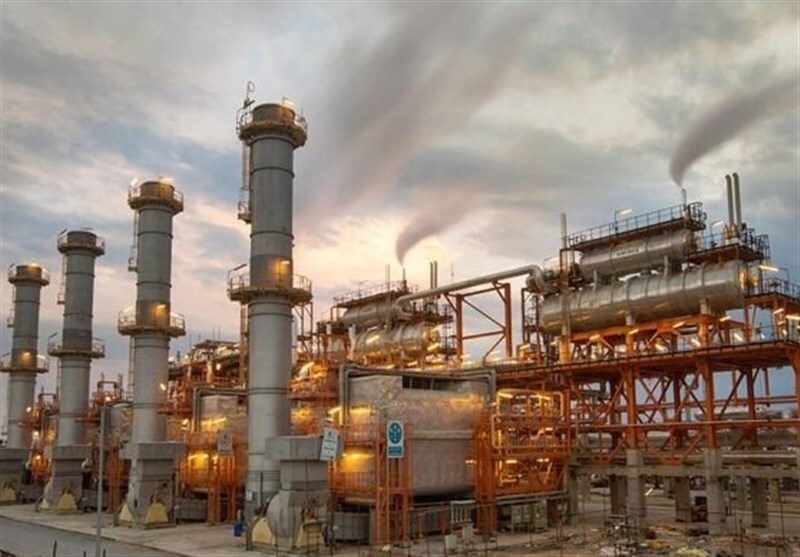
MAPNA Group, a publicly traded company on the Tehran Stock Exchange, issued a detailed statement in response to a Reuters report that questioned its involvement in Syrian reconstruction. The company described the report as containing “ambiguities and inaccuracies that do not align with the realities of international trade.”
The firm clarified that it operates under Iran’s Commercial Code and is governed by a board elected by shareholders. It emphasized that its presence in Syria has been based purely on commercial considerations.
The company announced that its presence in Syria, like that of other international business entities, has been independent of any overarching Syrian reconstruction agenda (assuming such an agenda exists), adding that its activities have strictly followed the firm’s market development strategies and are contingent on being technically and economically justifiable, with the ultimate goal of serving our shareholders’ interests.
The company noted that its activities in Syria have been “entirely developmental in nature, carried out transparently and professionally, and in full compliance with the laws of both countries.”
The firm began its operations in Syria in 2008, during a time of international commercial engagement in the country. Since then, it has delivered multiple energy projects and now supplies more than half of Syria’s power generation capacity.
The conglomerate said these projects were fully settled in accordance with contracts and had helped improve household welfare.
Regarding the ongoing Latakia Power Plant project, MAPNA stated that “most payments have been received in proportion to physical progress and in line with the terms of the contract.” Three of the project’s four phases — including a gas pipeline and two gas-fired units — have been completed. Work on the final phase, a steam cycle, is well underway, it added.
“If not for recent developments, the project would have been finalized by the end of this year,” the firm noted, referring to the fall of the Bashar Assad government in December.
The company acknowledged that political and operational risks are part of doing business internationally, especially in high-risk markets like Syria. However, it said these risks have not deterred its efforts.
“Despite the emergence of risks and challenges, the firm has consistently honored its contractual obligations while maintaining a balanced consideration of the interests of all its stakeholders,” the statement said.
The Iranian firm also addressed concerns raised about labor practices. It stressed that hiring local contractors and workers is a standard business approach and that “evaluating and selecting contractors based on operational capability and execution quality” is essential for meeting project standards.
The statement added that the firm's experts only remain on-site for the duration of a project and that one of the company’s goals is to build local capacity.
“Syrian engineers working on these projects — drawn from the country’s academic and scientific institutions — received hands-on training and are equipped with the know-how to operate the facilities,” the company said.